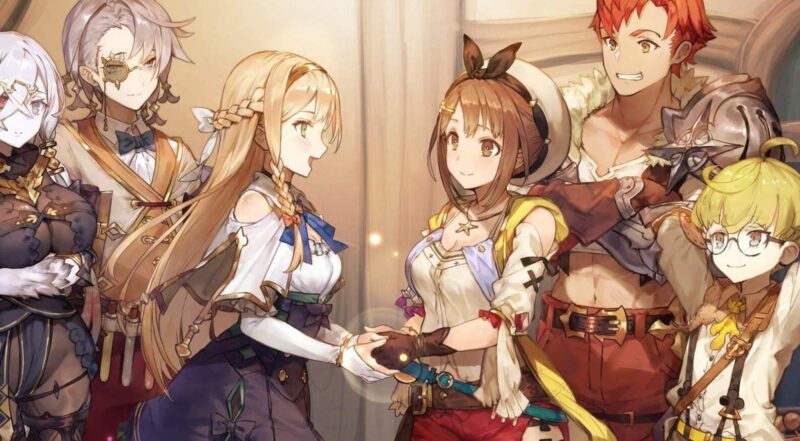
As an old-school JRPG player, I hesitate toward anime-themed games. Seems odd considering how I watch anime and spend too much time writing and thinking about it. But in the past, anime-themed JRPGs weren’t that great compared to the likes of Chrono Trigger, which acted as my old-school standard for anime-ish JRPGS. I’ve finished Final Fantasy 1 through 12, exempting Final Fantasy 11. With Final Fantasy 6 remaining my favorite. So when I think of JRPGs, I think of these games. But with modern gaming, I’ve been giving anime-themed JRPGs a chance. We may be in a new golden age of JRPGs with how many are appearing on Steam, PlayStation, and, my go-to for gaming, the Nintendo Switch. One of the most interesting I’ve played recently has been Atelier Ryza 1 and 2. The Ryza series follows its (nick) namesake, Ryza, and her friends as they uncover various mysteries and help people and go out on adventures. There’s no earth-killing villains and what threats there are feel like seasonal problems that, while dire, aren’t “ending all life as we know it” ™. But after playing a lot of those type of RPGs, Ryza’s focus on friends going on an adventure refreshed me. The characters each have interesting personalities, pasts, struggles, and concerns that compliment the others well. Their friendships deepen over the course of the adventure, and Ryza develops new friendships. It’s charming and hopeful. There’s nothing too dark here, and it’s nice. The character arcs and main story are told through short cutscenes scattered throughout town and the other areas. Each game has a central town which serves as a hub for your adventure. In context, it makes a lot of sense, and when I didn’t know what to do next, wandering around town and doing some of the side quests led me to the next step of the main story. Now for many modern gamers this lack of guidance might be frustrating.
Some of the fumbling I had was because I didn’t read the story log. I don’t have a lot of time for gaming, so sometimes I go for a week or two before I can play. But even failing to read the story log, I would stumble to the next key point. As a old-school gamer, the fumbling around didn’t bother me. “I don’t know what to do next” syndrome is part of the fun in my perspective. It lends a sense of discovery, but then when I was a young gamer, the Internet wasn’t a thing outside of universities. We had to draw our own maps and write our own guides to share on the playground. Ryza doesn’t get anywhere near this level of “I don’t know what to do.” As you might guess from my preamble, I prefer menu-based games. Ryza features this sort of combat system, but it’s faster paced while still requiring some of the strategy I enjoyed from older games. There’s a sense of timing and unpredictability to the fights due to an uneven power creep. For most of Ryza the game is pretty easy–the game has difficulty levels you can set–until suddenly you smack into a boss that just murders you. Then you have to retreat back to the atelier, regroup, and reconsider your tactics. This leads to the way Ryza is structured. Ryza splits into two systems: combat and alchemy. You can find enough gear to play through the game with only doing enough alchemy to continue forward, until you hit the steel-wall bosses. The alchemy system, on the other hand, can make you overpowered, and acts as the key for breaking the steel-walls. While I found the alchemy interesting, hanging out in a fancy menu isn’t everyone’s idea of fun. The alchemy system requires you to gather materials in the world and then return to the atelier to combine them based on recipes. Based on the quality and traits of the items, you customize your items and equipment. You also unlock new recipes and equipment based on the items you have and the dependencies among the items. For example, you can use beast hide to create leather, which creates a set of armor based on the traits of that piece of leather. That leather can later build a new material. At times, you have to use alchemy to continue the story, but as long as you gather things, kill things, and open chests, you usually have everything you need. While every once in a while I had to go out gathering and I had to build some levels in Ryza 1, as long as you keep up with combat, gathering, and your alchemy, you don’t have to do much grinding. In Ryza 2 I didn’t have to do any grinding at all. Everything fell into place naturally and the power curve worked well up until the sudden steel-wall fight. Once I hit that wall, I went back to the atelier (which defeat only costs you some of the items you’ve gathered), reworked my gear, and returned to utterly crush the critters. I just didn’t have the right gear calibration.
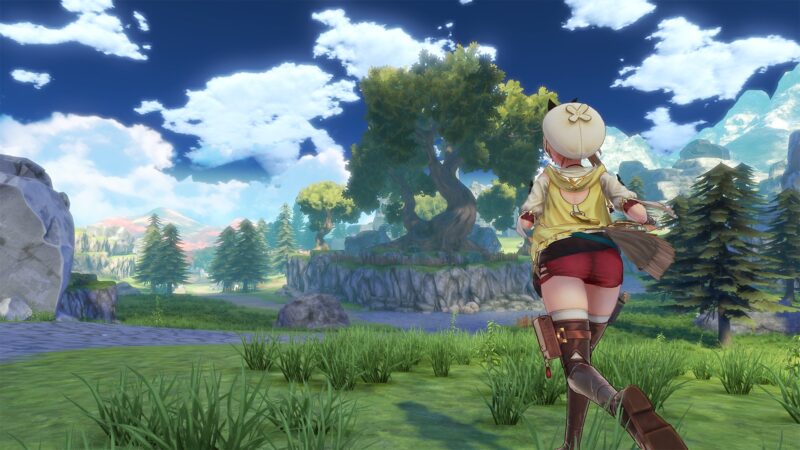
I would be remiss to not comment on Ryza’s character design. Many other reviewers of the game have commented upon it, after all. As anime girls go, she has a unique body type you don’t often see. Her body type is closer to what you’d see in reality. She has an exaggerated waist-to-hip ratio, but it isn’t far beyond what nature can do. Why does this matter? It offers a strong female protagonist who many girls can resemble. Ryza has a bust that’s large, but not abnormally so, and her thighs/bottom/hips are also larger by anime standards. Ryza’s design matters also for the male gaze. Too often in media you see ideal body types–thin and, most recently, Rubenesque. Ryza fits closer to what you’d see among fit American women. Exposure to more variable body types in protagonists and in reality helps with body image and with body expectations. It’s an unavoidable reality that people have body expectations and ideals for themselves and their romantic partners. More exposure to these within media helps make the reality of healthy body variability more acceptable.
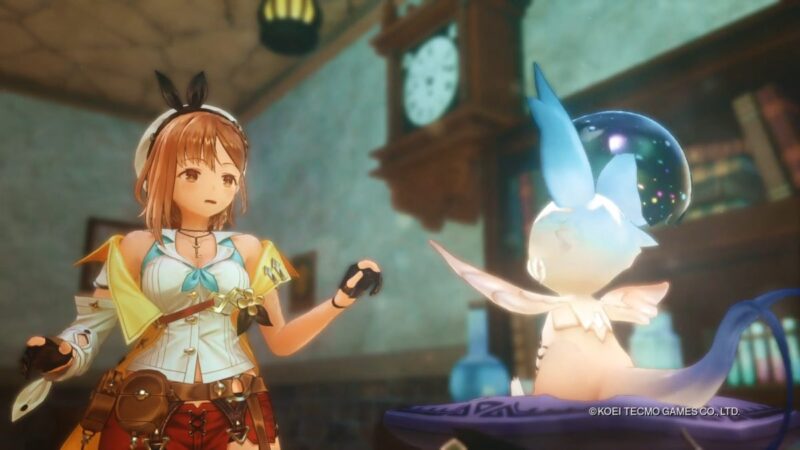
Atelier Ryza offers a fun and heartfelt story with a nice balance between dynamic combat and a crafting system. Some people won’t like the crafting system. It will either be tedious or, for those who love crafting, not involved enough. It struck the right balance for me, as someone who doesn’t like crafting systems. Speaking of the systems, Atelier Ryza doesn’t overwhelm you with its systems. As you play, the game trickles new features at a steady pace, usually just before you need them. Many JRPGs throw everything at you at once, which I find confusing. Ryza trickled its features and systems out all the way up to the end. About 3/4 of the way through Ryza 1, the game unlocked a final combat feature, which surprised and pleased me. I had enough time to practice with the new feature before the final area. The game is well paced outside the abrupt challenge spike near the end, but if you know it is going to happen, as I did while playing Ryza 2, you will be able to prepare for it.
I recommend playing Atelier Ryza if you enjoy JRPGs and want something with a focus on friendship, mystery, and adventure instead of the usual end-of-the-world trope. We are in a JRPG revival, especially on Steam and the Nintendo Switch. It’s great to see JRPGs return with a different perspective and a character-based focus. The relatively lower-stakes (as in failure doesn’t mean the end of existence itself) for the story is refreshing. The story has heart and follows a likeable cast as they grow up.
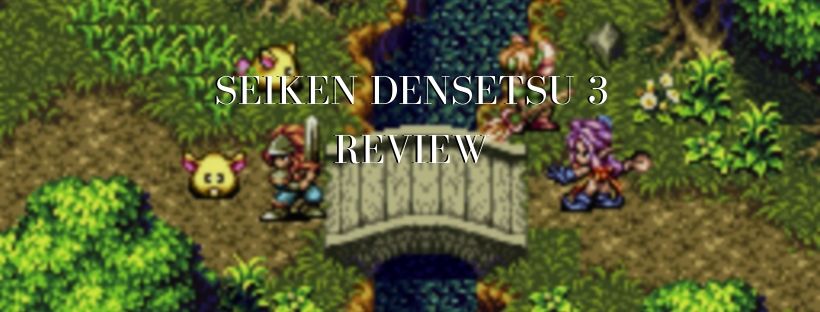
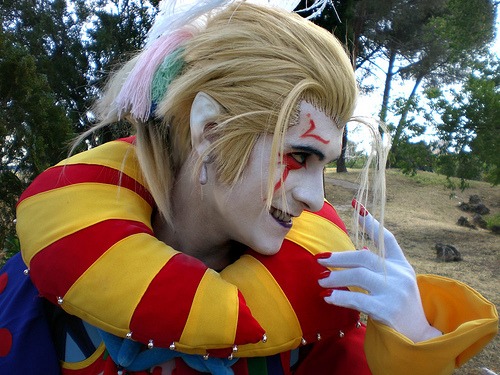
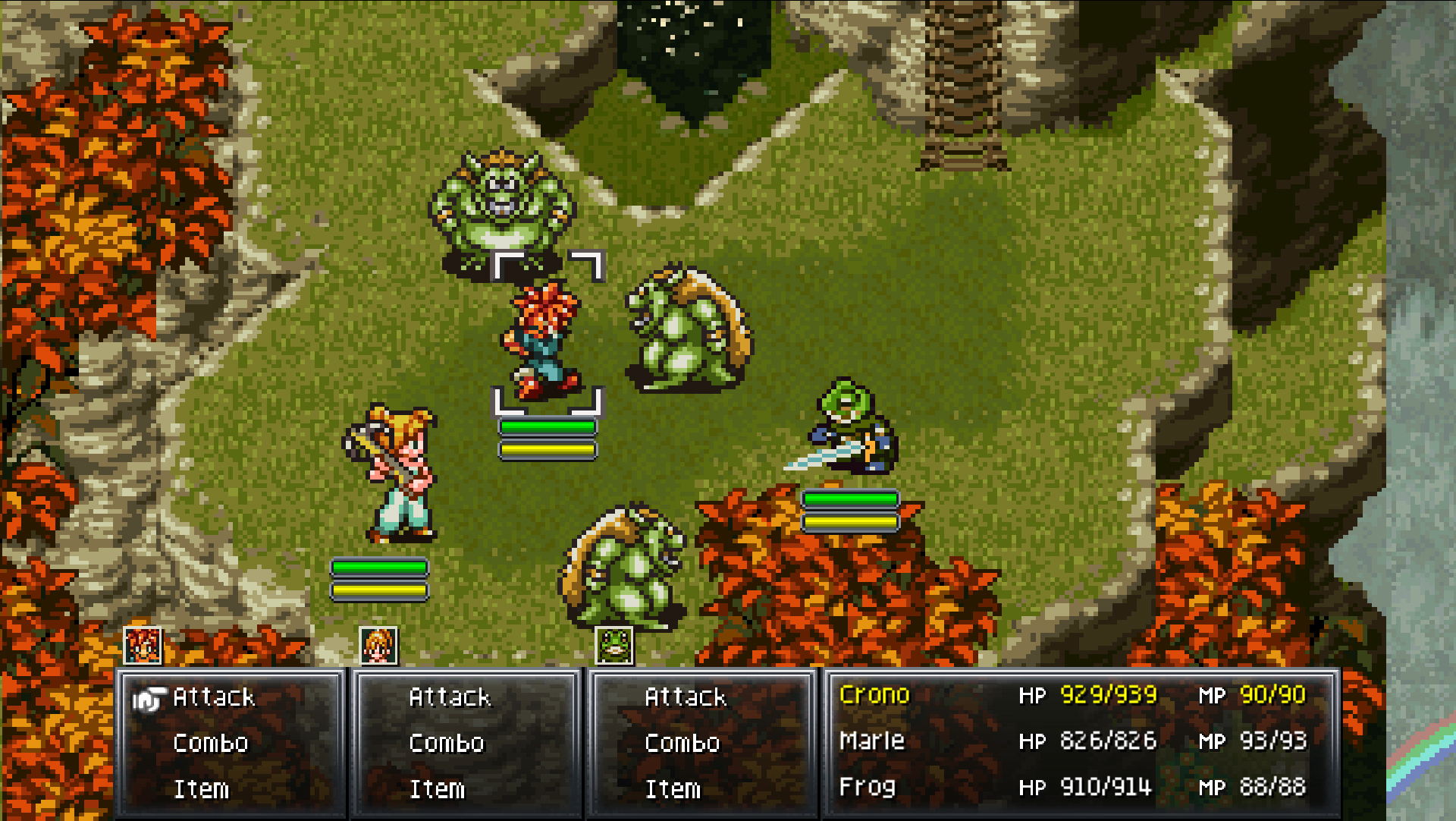
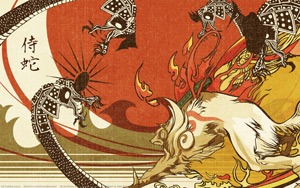
I played old school JRPGs too! Until I got tired of them over the years because level grinding somehow ruined the entire genre for me.
I played only the SNES era Final Fantasy games (4-6) and tried FF7 but didn’t get very far in it as I was already somewhat tired of the genre by that time. Odd as it may seem, my favorite Final Fantasy is the fourth game. I can appreciate FF6, but FF4 somehow charmed me more by its simplicity and the story is somehow written in a way that, even if it may seem cliché at parts, is actually somewhat iconic. Didn’t FF4 get re-released like crazy actually? It’s a game I beat more than five times, and I didn’t beat any other final fantasy game even once…
Final Fantasy aside, Atelier Ryza looks and seems interesting in that sense you describe, the low stakes focus, I mean. I’m quite uninformed about what games are currently coming out apart from some indie areas of interest (very biased and limited) so I myself don’t have enough information to properly relate to this. It’s was probably the natural progress of seeing what worked and what didn’t for anime themed JRPGs. I recall complaining about why there weren’t many medieval anime when I was growing up, and now there is an embarrassingly high amount of medieval anime now (many of them isekai), so times definitely change.
I’ve noticed that going overly dramatic and cranking the stakes all the way up is not what everyone wants, there are a lot of genres and people with different interests. Some people prefer cute games/stories more than grim and dark. I think a lot of media actually tapped into the latter, so it might be more refreshing to go in the opposite direction? This reminds me of what someone said about why Mario should be appreciated, being a character/franchise that’s both successful and doesn’t try to sell itself with too much edge or depression.
Not knowing what to do in a game and figuring it out myself is a part of a good experience, I agree with that. In today’s world of wikis and information readily available, it makes things a bit too easy at times, so it’s good to unlearn that.
Final Fantasy 4 is a good game, and it lay the foundation for our modern games. Lower-stakes games are a good, relaxing time. Rune Factory is another series that’s pretty cozy and amusing. It has a social system where you can take dates dungeon crawling with you.
Genres cycle in popularity. Isekai will fall out of favor for something else eventually. What genre do you think will be next in popularity?
I avoid looking up walkthroughs until I am completely stuck. I’m amazed at the number of people who won’t play a video game until they’ve watched the game played in a stream. That’s like having someone read you the book before you read it yourself!